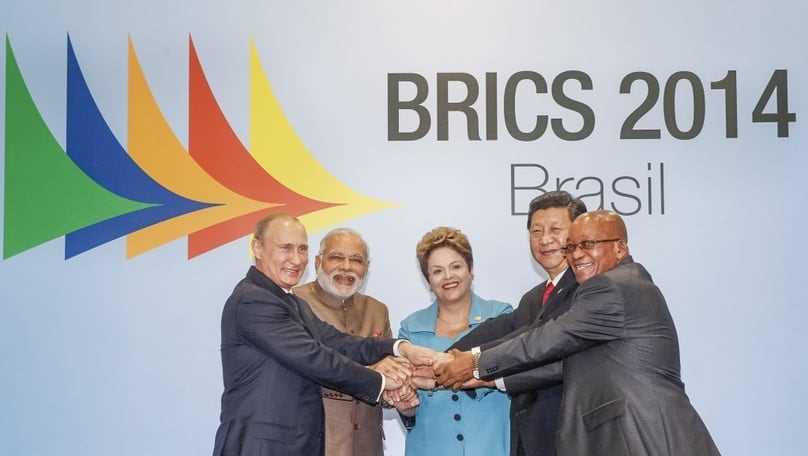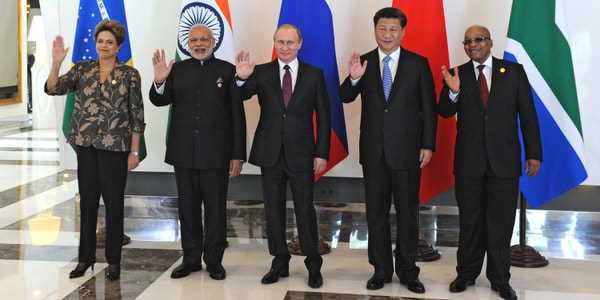*The 6th BRICS Summit*

It was the 6th yearly discretionary gathering of the BRICS, a gathering of major developing economies that incorporates Brazil, Russia, India, China and South Africa. It was facilitated by Brazil, as the main host nation of the present five-year summit cycle; the have city was Fortaleza. Though Brazil had beforehand facilitated a four-part BRIC summit in April 2010, 2014 denoted its first full BRICS summit; the 2010 summit in Brasília did not formally incorporate South Africa, who was just welcomed as visitors as a prelude to their increasing full participation in December 2010. Argentine President Cristina Kirchner was an uncommon visitor to the summit, and the BRICS pioneers met with their UNASUR partners not long after. The sixth BRICS summit brought about the official introduction of the New Development Bank, a multilateral advancement bank proposed as another option to the World Bank and International Monetary Fund.
Agenda For The Same:
At the summit, the BRIC countries consented to make the US$100 billion New Development Bank (NDB) enable states to pool assets for financial adjustment. The nations additionally put forward plans to obtain stores of $100 billion (€90.8b billion) through speculation from the BRICS countries. The BRICS countries likewise consented to an arrangement on participation between the BRICS countries' fare credit organizations: EXIAR (Russia); ABGF (Brazil), ECGC (India), SINOSURE (China) and ECIC (South Africa). In a public statement, the gathering expressed: "We stay baffled and genuinely worried about the current non-execution of the 2010 International Monetary Fund (IMF) changes, which adversely impacts on the IMF's authenticity, validity, and viability. A few investigators read the declaration of the NDB as a test to the IMF and World Bank. The NDB is intended to speak to every one of the five of the gathering's part countries – its base camp will be in Shanghai, the foundation's first president will be from India, the bank's first provincial office will be in Johannesburg, the inaugural administrator of the leading body of governors will be from Russia and the primary executive of the top managerial staff will be from Brazil. The administration, with a term of five years, will turn among the individuals from the BRICS.

Russian President Vladimir Putin expressed that the BRICS tried to decrease reliance on the U.S. dollar and reinforce to them, manage of global law:
In the BRICS case, we see an entire arrangement of harmonizing key interests. Above all else, this is the normal aim to change the global financial and money related framework. In the present shape, it is uncalled for to the BRICS nations and to new economies all in all. We should take a more dynamic part in the IMF and the World Bank's basic leadership framework. The worldwide money related framework itself depends a great deal on the US dollar, or, to be exact, on the fiscal and monetary strategy of the US specialists. The BRICS nations need to change this.
Cheers!